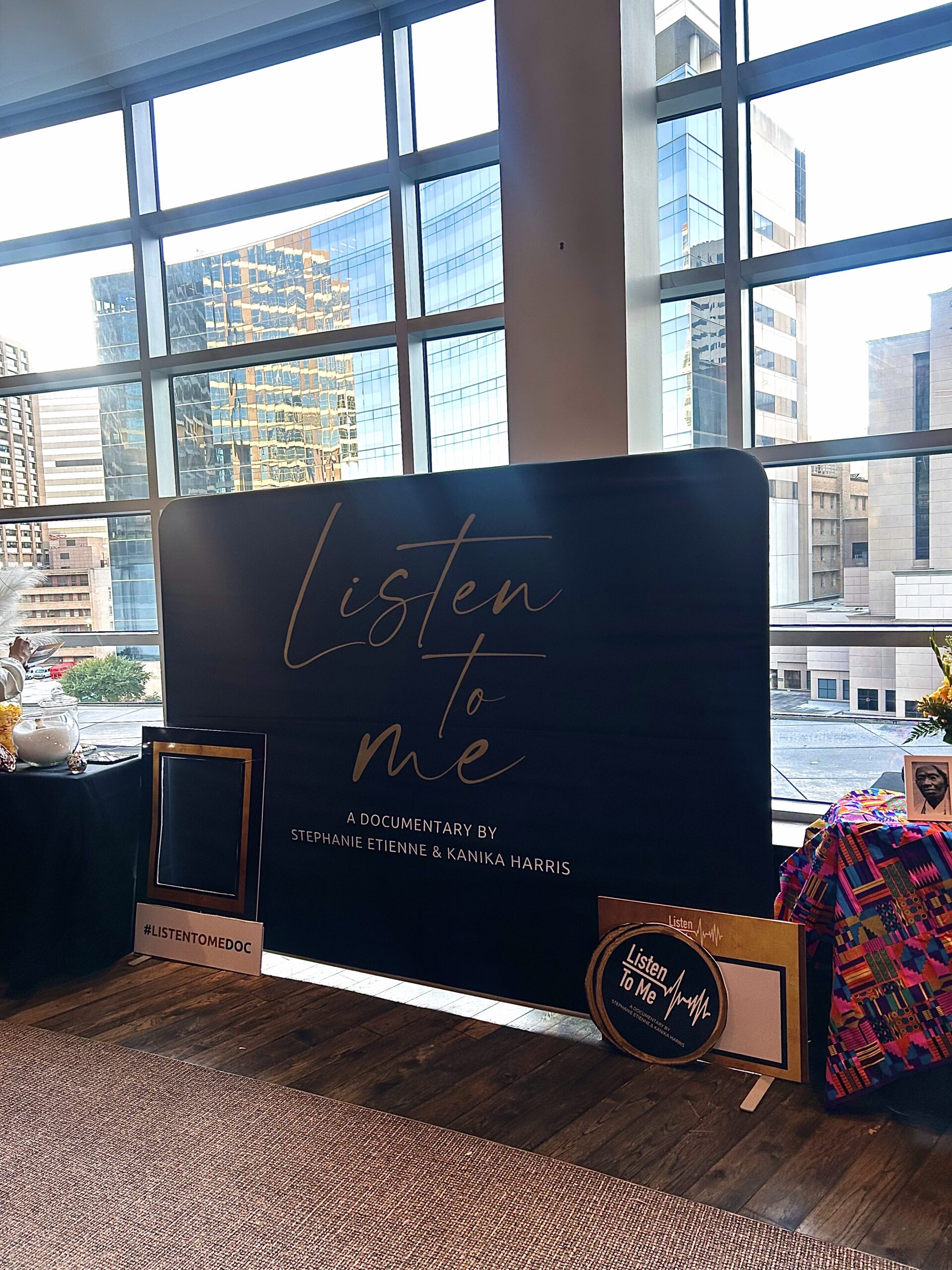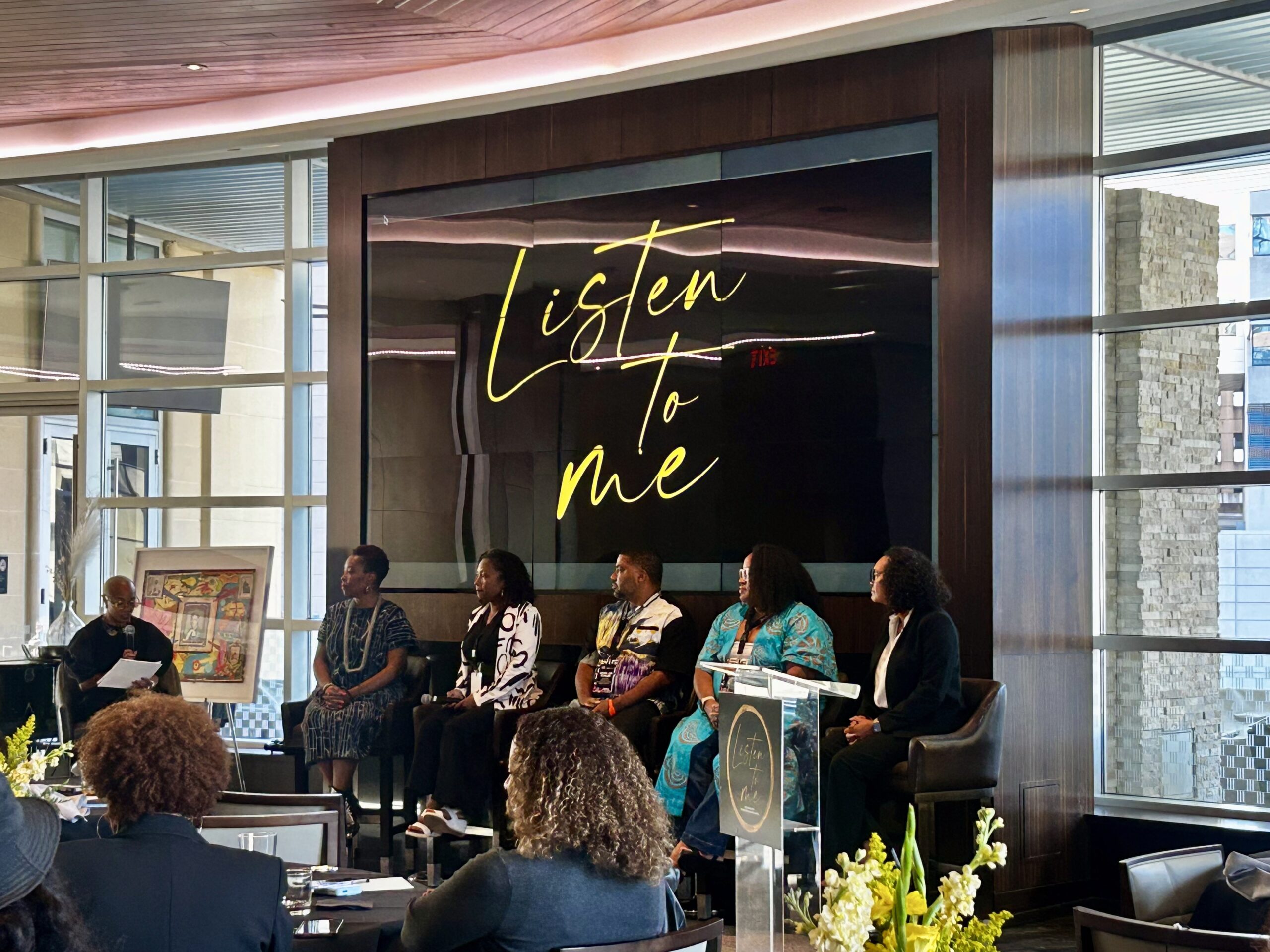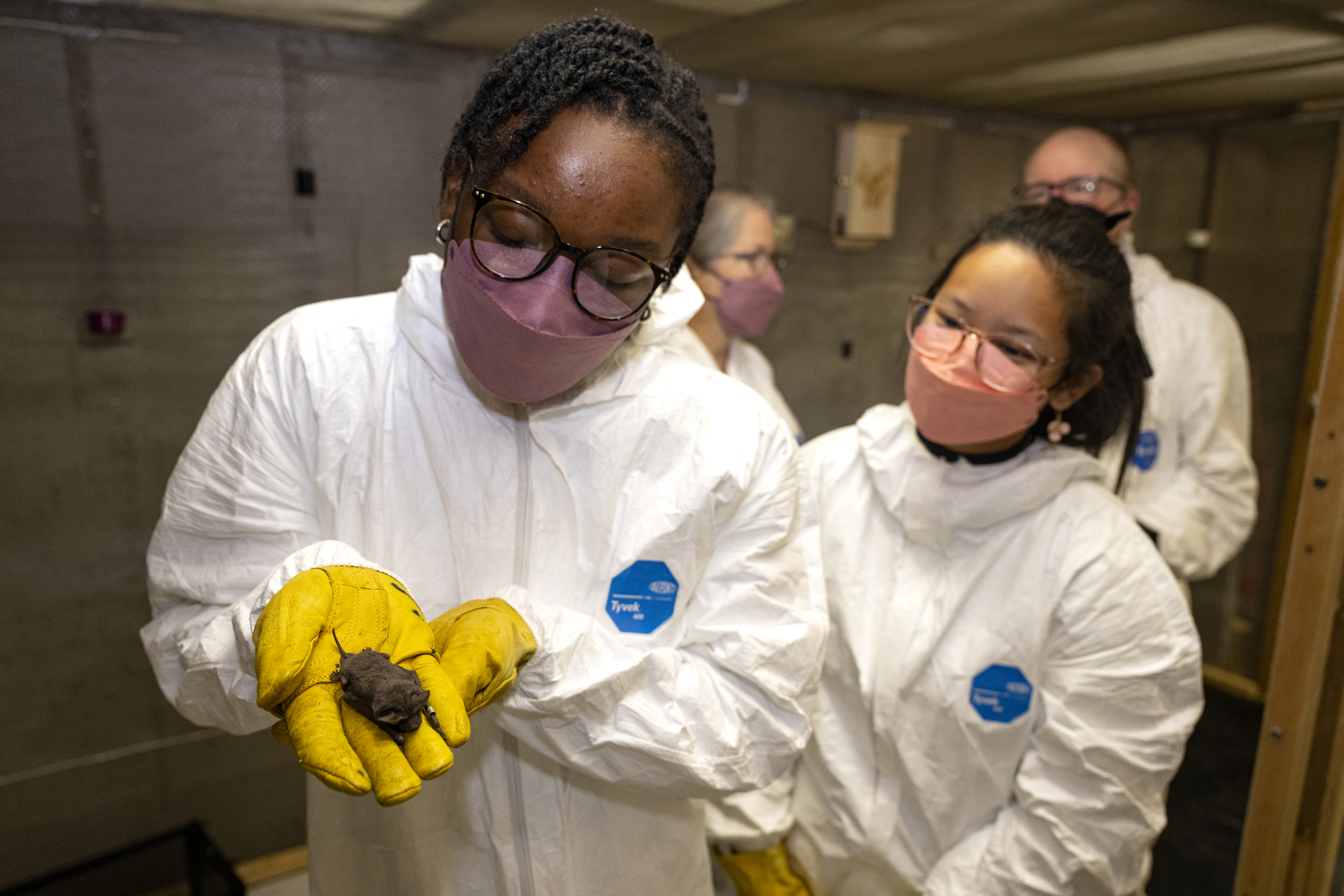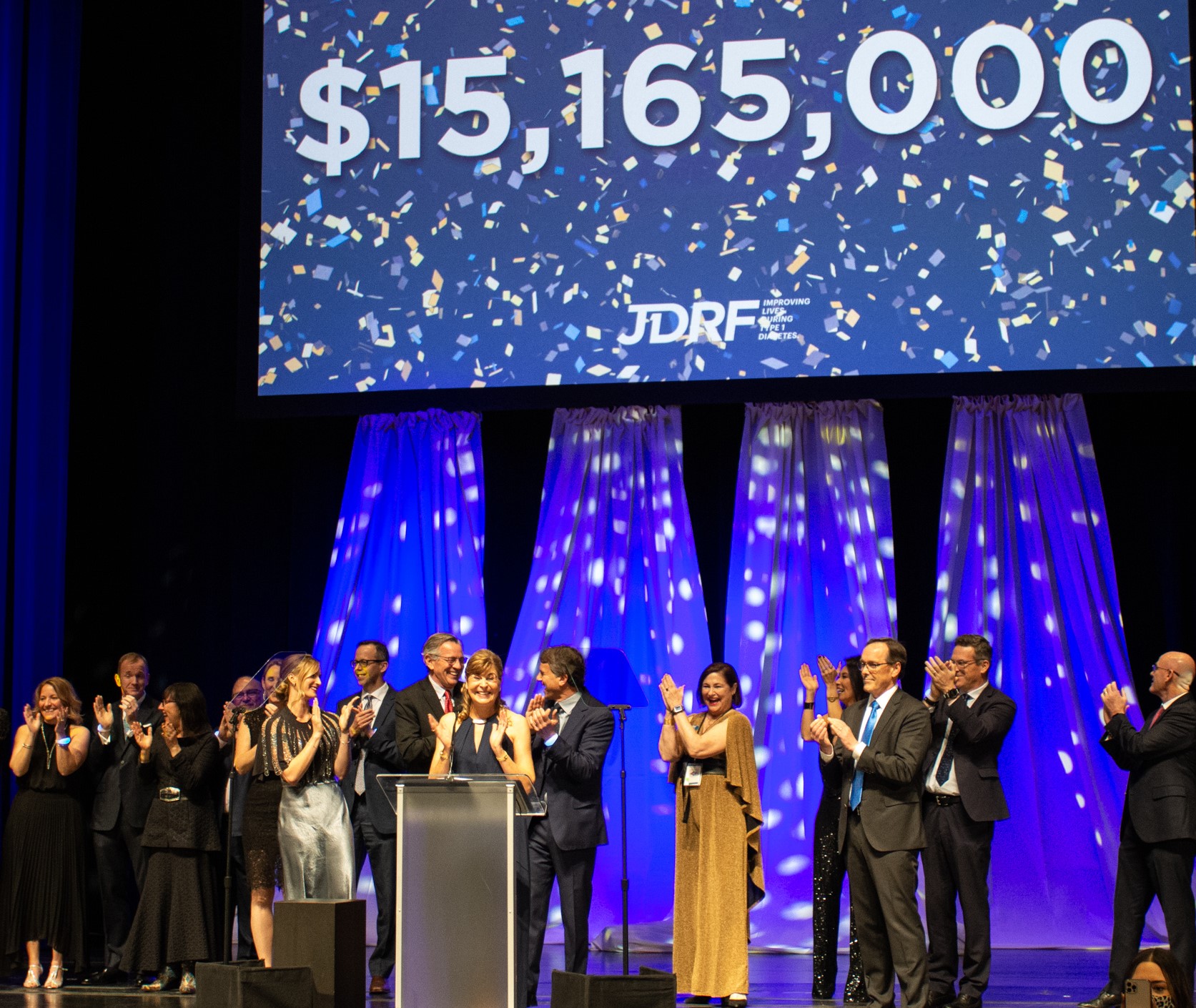“Stories Build Policy”: Reflections from the Listen to Me Screening
by Taylor Joiner
-
Share

During AfroTech Week 2025 in Houston, we had the opportunity to attend a screening of Listen to Me, a short documentary-style film by Stephanie Etienne and Dr. Kanika Harris that follows the maternal health journeys of three Black women: one who experienced a stillbirth, one who struggled with fertility, and one who tragically lost her life after sharing health concerns dismissed by her medical team.
Originally centered on the pregnancies of maternal health advocates, the film evolves into something much deeper: a layered portrait of loss, strength, advocacy, and healing. Through powerful, intimate storytelling, Listen to Me captures what it means to move through the world — and the healthcare system — as a Black woman. From generational wisdom passed between mothers and daughters, to the emotional labor of self-advocacy through grief, to the mental gymnastics of having to speak up in a way that results in quality — and sometimes life-saving — care, the film reveals the quiet, often invisible costs of survival and the strength it takes to pursue the family you’ve always dreamed of.
That tension — between joy and grief, harm and hope — was palpable in the room. The audience was captivated from start to finish. Every person of all genders and races saw themselves or someone they love in the stories being told.
But these experiences aren’t isolated. They reflect a public health crisis. According to the CDC, Black women in the U.S. are three times more likely to die from pregnancy-related causes than white women. And education doesn’t protect them: Black mothers with a college degree face a higher maternal mortality rate than white mothers without a high school diploma. These disparities persist even when controlling for income, insurance, and hospital type, making clear that systemic racism is embedded in how care is delivered. This reality should alarm all of us.
The post-screening Q&A was incredibly powerful as well. Dr. Kanika Harris spoke about storytelling as a form of technology — not just digital, but cultural. She reminded us that “stories build policy,” and that lasting change can’t happen if we don’t first take people on the emotional journey of what it means to be unheard, unseen, and unprotected.

The team behind the film is actively working to bring it into spaces that need to see it most — from medical school classrooms and public health forums to communities where these conversations are just beginning.
Storytelling remains one of the most powerful tools for shifting systems, building empathy, and sparking collective action. Listen to Me is a stunning example of that power in motion — illuminating the lived realities behind the statistics and challenging us all to rethink what true maternal health justice requires.
Learn more or explore how to host a screening: listentomedoc.com


